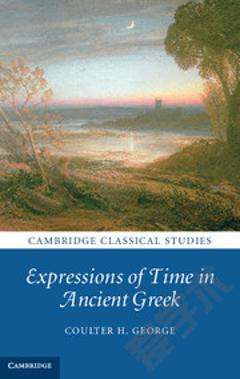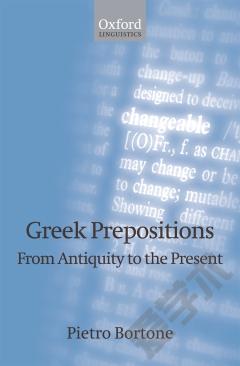Expressions of Agency in Ancient Greek
Ancient Greek expressed the agents of passive verbs by a variety of means, and this work explores the language's development of prepositions which marked the agents of passive verbs. After an initial look at the pragmatics of agent constructions, it turns to this central question: under what conditions is the agent expressed by a construction other than hupo with the genitive? The book traces the development of these expressions from Homer through classical prose and drama, paying attention to the semantic, syntactic, and metrical conditions that favoured the use of one preposition over another. It concludes with a study of the decline of hupo as an agent marker in the first millennium AD. Although the focus is on developments in Greek, translation of the examples should render it accessible to linguists studying changes in prepositional systems generally.
{{comment.content}}








 京公网安备 11010802027623号
京公网安备 11010802027623号